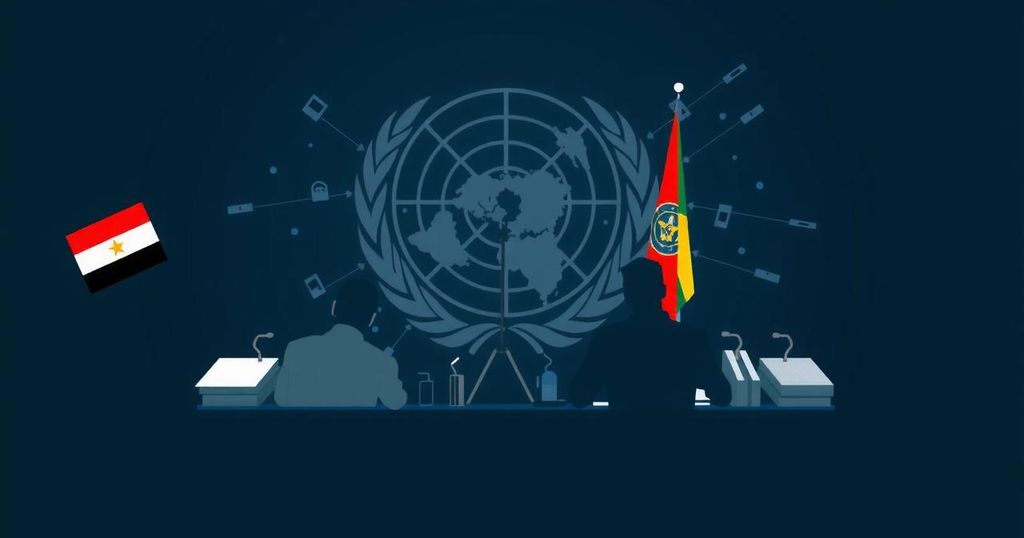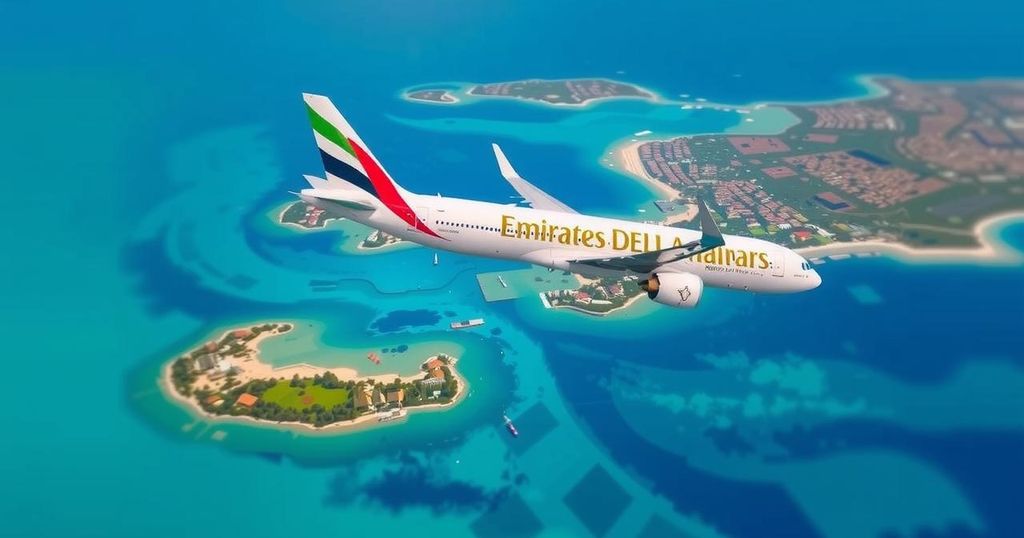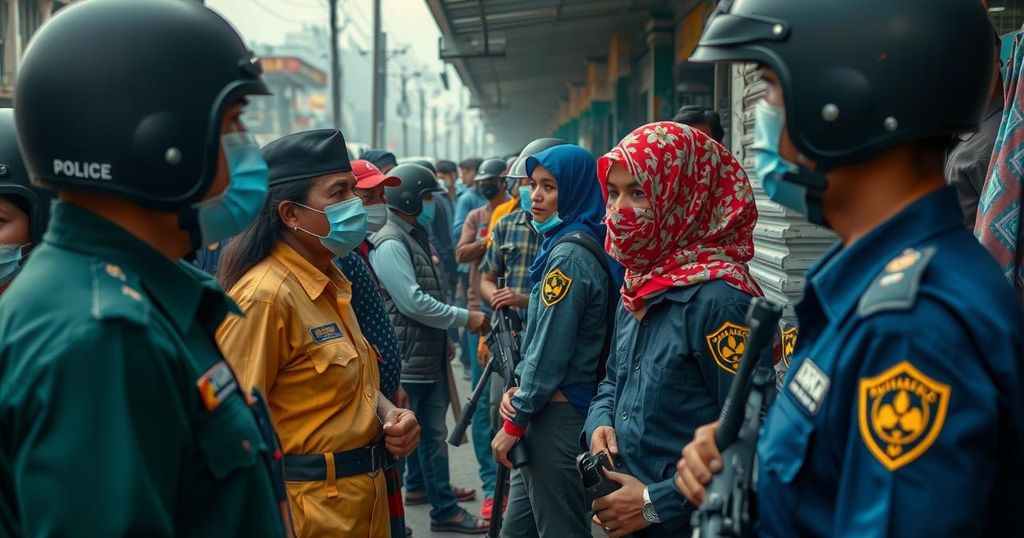Egypt and Ethiopia Reignite Dam Dispute at UN
Summary
Egypt and Ethiopia have escalated their long-standing dispute over the Grand Ethiopian Renaissance Dam (GERD) at the UN, with Egypt raising objections to Ethiopia’s recent filling of the dam. Ethiopia dismissed Cairo’s claims as unfounded while accusing Egypt of seeking to monopolize the Nile. Previous negotiations have failed to alleviate tensions, threatening regional stability.
Egypt and Ethiopia have once again brought their protracted dispute regarding the Grand Ethiopian Renaissance Dam (GERD) to the attention of the United Nations. This escalation follows Ethiopia’s recent announcement of further filling of the dam, reigniting a conflict that has persisted for over a decade. Egypt has expressed its serious concerns through a letter to the UN Security Council, prompting a swift response from Ethiopia, which characterized Cairo’s accusations as “unfounded allegations,” claiming that Egypt is impeding progress and attempting to maintain an alleged monopoly over the Nile River. Egypt’s Foreign Minister, Badr Abdelatty, issued a dire warning stating that the dam threatens regional stability and violates existing agreements. He emphasized that Ethiopia’s actions could lead to severe repercussions for downstream nations, especially Egypt and Sudan. The historic discord surrounding the GERD has continued to hinder meaningful negotiations, with the latest attempts to find common ground failing just last month. These present discussions have followed a two-year lapse in dialogue that ended in 2021 after a previous failure to reconcile differences under an African Union-led initiative. The complexities of this situation reflect the need for persistent diplomatic efforts to achieve a resolution that addresses the concerns of all parties involved.
The Grand Ethiopian Renaissance Dam (GERD) has been a source of contention between Ethiopia, Egypt, and Sudan since its construction began in 2011. As Ethiopia moves forward with filling the dam, Egypt, which relies heavily on the Nile for its water supply, views these actions as a threat to its national security and water rights. Historical treaties have granted Egypt rights to the majority of the Nile’s waters, yet Ethiopia’s development projects aim to harness the river for its own growth and energy needs. Previous negotiations, including those mediated by the African Union, have failed to produce a comprehensive agreement, leaving the situation unresolved and sensitive to further escalation.
The ongoing dispute between Egypt and Ethiopia over the Grand Ethiopian Renaissance Dam highlights the complex geopolitical dynamics surrounding the Nile River. Egypt’s efforts to appeal to the UN underscore its concerns regarding regional stability and compliance with prior agreements, while Ethiopia’s insistence on continuing its development plans reflects its aspirations for economic growth. As the conflict persists, it is imperative that all parties engage in constructive dialogue to reach a sustainable resolution.
Original Source: www.aa.com.tr








Post Comment